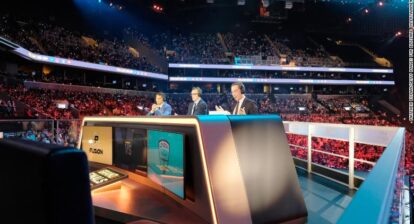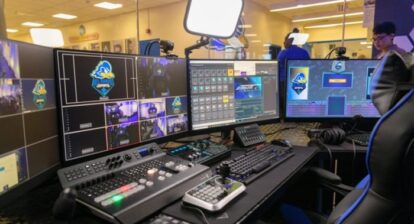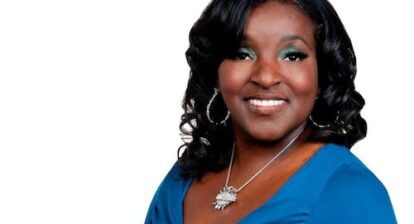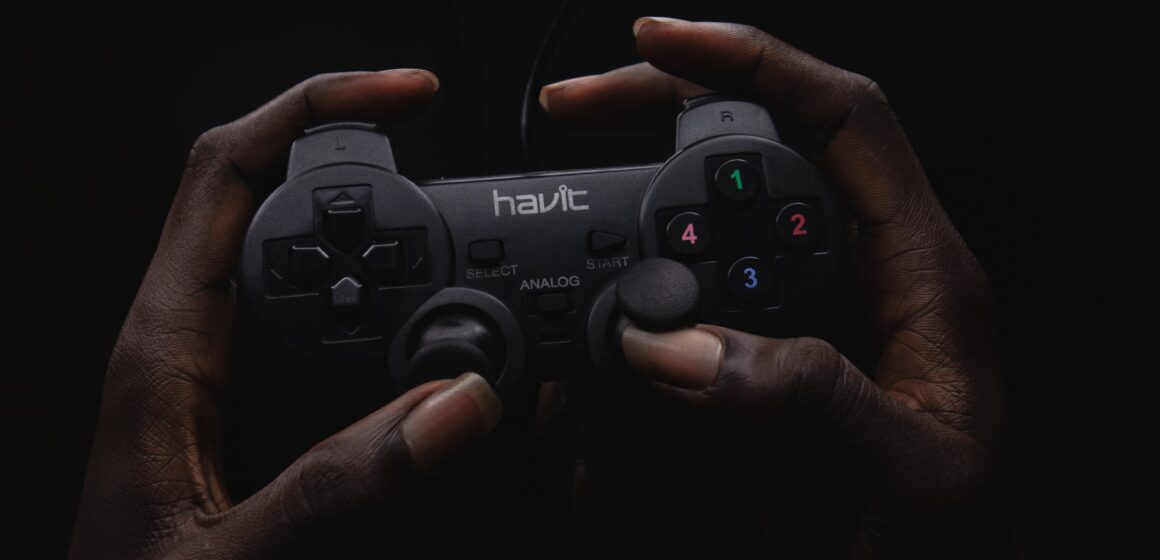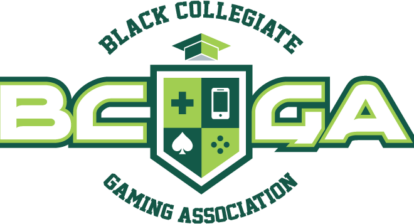There is growing evidence that historically Black colleges and universities (HBCUs) are getting involved in the video game and esports space, recognizing that owning these spaces might be the key to their future.
On Oct. 25, retailer DTLR partnered with Cxmmunity, a nonprofit dedicated to increasing minority involvement in esports, and 300 Entertainment, an independent record label, to create the first HBCU esports battleground and career fair. Musicians Soulja Boy, T-Shyne and Tee Grizzley played Call of Duty with HBCU students virtually to raise money for HBCUs that are losing money because of the COVID-19 pandemic.
The event followed the creation of a new HBCU esports league called the HBCU Esports Alliance, featuring 19 school partners. Last month, students played on-campus elimination tournaments in NFL Madden and NBA 2K.
HBCUs confront an urgent dilemma, exacerbated by the uncontrolled pandemic — dwindling enrollment, leading to economically insecure institutions. Though there is no single path forward academically or financially for the more than 100 HBCUs, they seek a redemption narrative. Some of these schools are reaching for a promising tool for their salvation — video games and esports.
The numbers portray a daunting challenge. “According to the National Center for Educational Statistics,” NBC News reported in March, “more than 6,000 fewer students attended the 101 black colleges and universities in the U.S. during the 2018-19 school year. The 291,767 total was down from the 298,134 in the previous year, and was the lowest total since 2001, when there were 289,985 students at historically black colleges.”
These schools must address how to coax more Generation Zers away from predominantly white institutions (PWIs) and online schools and in favor of their campuses. For many young folk, a pathway inside the gaming and esports industries will serve as a convincing answer.
Gaming and esports are a central component of Generation Zers’ identity. Wim Stocks, chairman of Collegiate StarLeague, the biggest collegiate esports league, says a “recent Nielsen [survey] reports that 90% of kids who are who are entering college would consider themselves gamers and gaming enthusiasts not just as a hobby but really as a lifestyle.” Morning Consult found that 35% of Generation Zers are avid or casual fans of esports, meaning they are more likely to watch esports than college basketball, MLB, UFC and NASCAR.
Wooing students to college campuses through gaming and esports involves two components. One is fielding esports teams that can compete against other schools. The other, more important side focuses on developing a curriculum that can recruit students interested in pursuing a career in those industries.
Stocks says recruiting is key because “most of [schools’] income comes from tuition being paid or scholarships being awarded, and so the more esports can help them recruit, the more lucrative it becomes.” Furthermore, schools with a heavy esports presence can hold “invitational events,” Stocks noted, that can “be monetized through sponsorships.”
Chris Davis, who teaches esports and gaming classes at Livingstone College, an HBCU in Salisbury, North Carolina, says “with HBCUs trying to find those new [ways] to keep promoting and keep [HBCUs] alive and growing into the years, I think this is one of the most natural things to start really getting into.
“I think it is going to really take off.”
Recently, Johnson C. Smith University, an HBCU in Charlotte, North Carolina, announced a partnership with Riot Games and launched a minor degree program in esports and gaming.
Marc Williams, who is creating a new esports program at Florida Memorial University, concurs, noting, “You have an opportunity to capitalize on this at HBCUs. A lot of presidents and provosts are starting to see the big picture.”
The Black Collegiate Gaming Association, founded in May 2020, is a resource that aids HBCUs in taking on the challenge to dominate this new frontier. Keshia Walker, its president, describes the organization as having “a 360-degree approach to helping first our universities, HBCUs, and secondly, black college students regardless of where they are enrolled in college, to become not just competitors in esports and gaming but contributors to the overall industry and we will do that by educating them first and foremost and by secondly giving them internships and job opportunities with the top technology esports and gaming companies in the world.”
Rod Chappell, who partnered with Williams to create the HBCU Esports Alliance, “a diversity and inclusion initiative designed to significantly increase the participation of HBCU students, alumni and fans in the $150B gaming and $1.5B esports industries” believes that HBCUs can come to dominate gaming and esports.
“With more structure and better methods of educating participants,” Chappell argues, “HBCUs and their students can dominate the space. As HBCUs begin to understand the opportunities that are available in revenue generation and workforce development, their students will begin to embrace and lead the industry in various areas, including competing in leagues, working at gaming/esports companies and creating their own businesses.”
The challenge for HBCUs is creating a new identity as one of the premier institutions for students seeking a career in video games and esports. But HBCUs have to make up ground in this space. As Walker noted, “esports and gaming is very, very new to our colleges” whereas some PWIs have operated in this space for “almost a decade and some, maybe even longer than that.”
“There’s only a handful of schools that have esports teams at HBCUs going into 2020 and none of our campuses have dedicated esports and gaming labs. The first thing we have to do is build that foundation to understand the opportunity that there is.” But this is such an inchoate space, HBCUs can make it their own.
Walker hopes the Black Collegiate Gaming Association can help to introduce more black folk to a “corporate arena that right now is less than 3% African American.” This is a pronounced gap in many areas, including esports events. Williams notices “when you go to some of these large events, you don’t really see people like us that are … doing the behind-the-scenes work.”
Key to making this new frontier their own, HBCUs must develop a thoughtful and interesting curriculum comprehensive enough to attract students. The types of careers in these industries are numerous: animators, programmers, musicians on the game development side, esports competitors, marketers and business development. Teaching the required courses means hiring the right professors. As Williams says, “you really need to have people teaching classes that have a total grasp and understanding of it.”
Developing corporate partnerships, particularly those that lead to sponsorships, internships and jobs, also will be key for HBCUs. But Williams cautions schools to ensure they build connections with the right corporations, which means asking the right questions: “ ‘What are your hiring practices?’ ‘What are the things that you’re doing to attract minorities?’ ‘We don’t just want you to throw money at us, but how are you creating pathways for our students?’”
Chappell thinks that for HBCUs “to compete long term,” they must build “relationships with companies that will hire students from HBCUs. Once HBCUs and their students determine they want to win in an industry, they tend to dominate even with little resources. This is an area where resources will be plenty, so I would expect even more success.”
Williams observed that “everybody wants to partner with black people now because of Breonna Taylor, George Floyd and Ahmaud Arbery, because of what we saw on TV, and we had the pandemic that made us all pay attention to everything that we as a Black community” have been saying.
Williams is really sanguine on the future: “a lot of universities are coming to us now that are HBCUs and they are asking us, ‘Can you lead us?’
“Once black college presidents see this as an enrollment driver, and they see it as an opportunity to build their enrollment, when you talk like that, you got their attention.”

